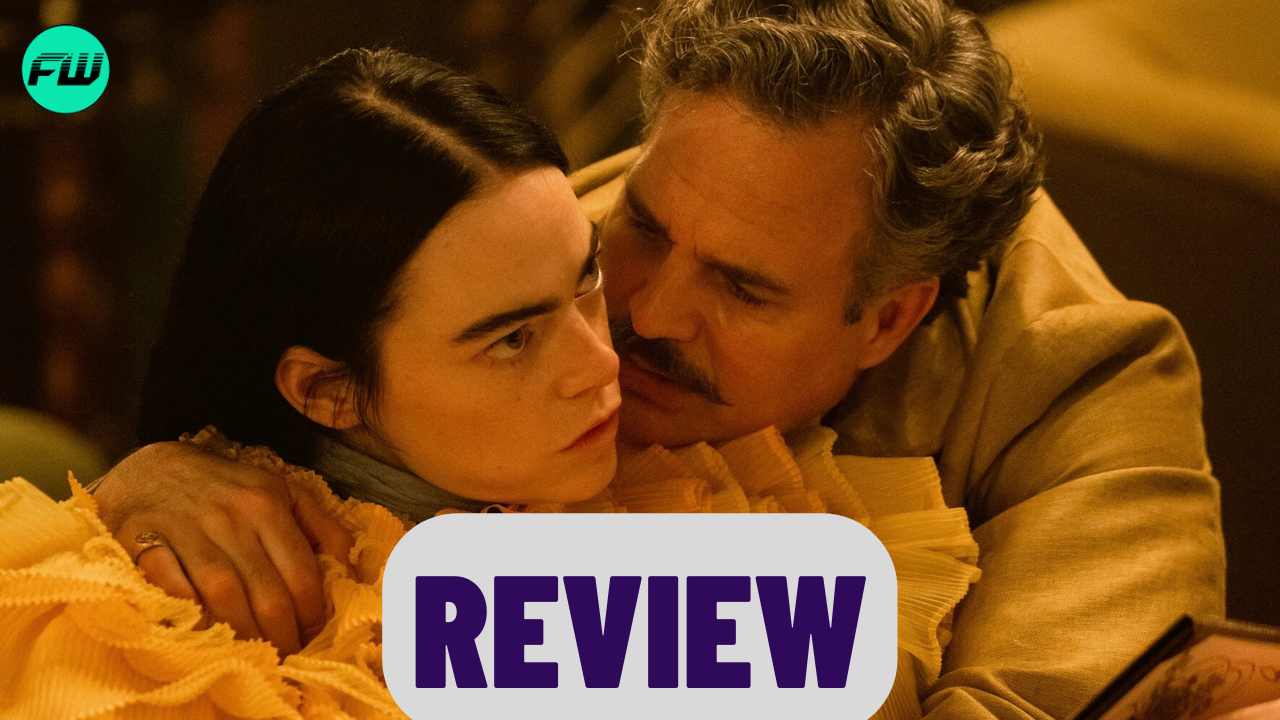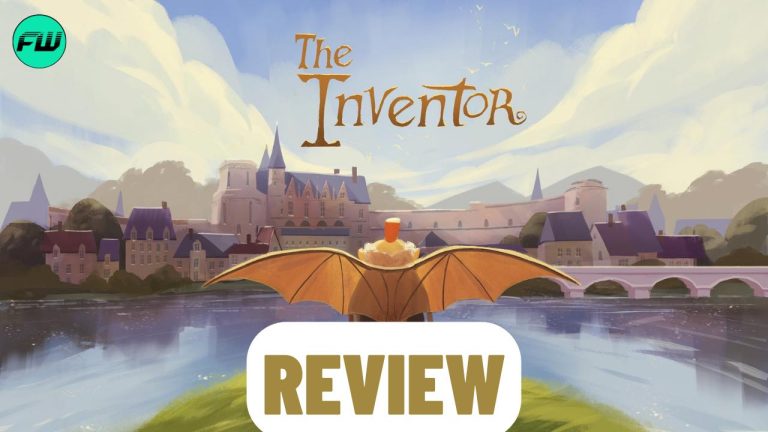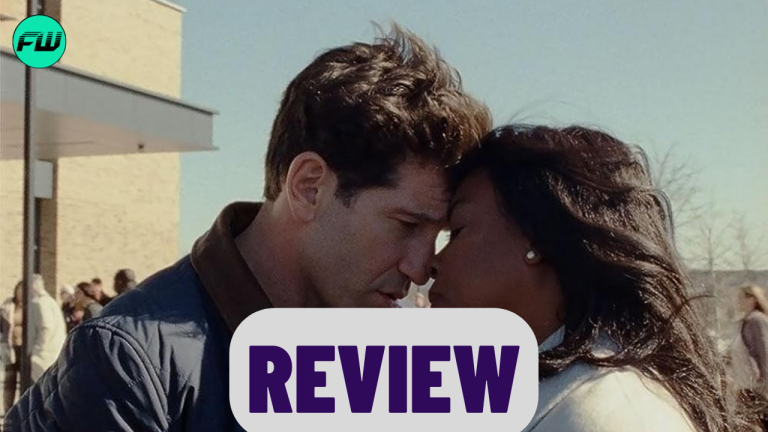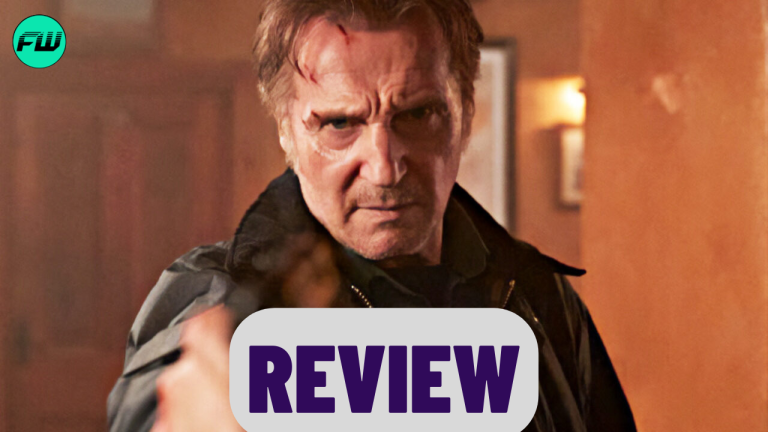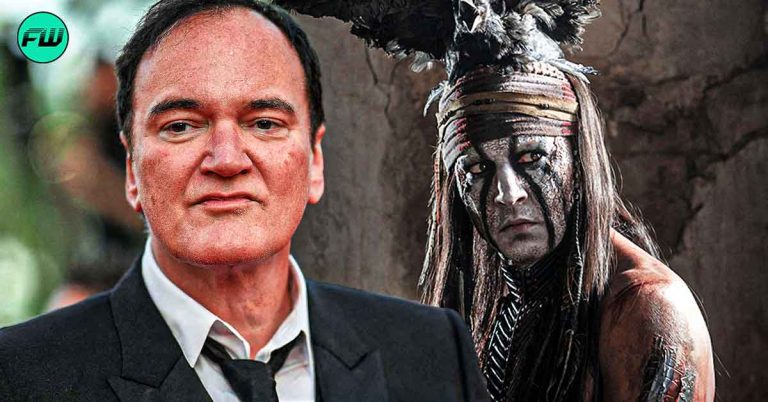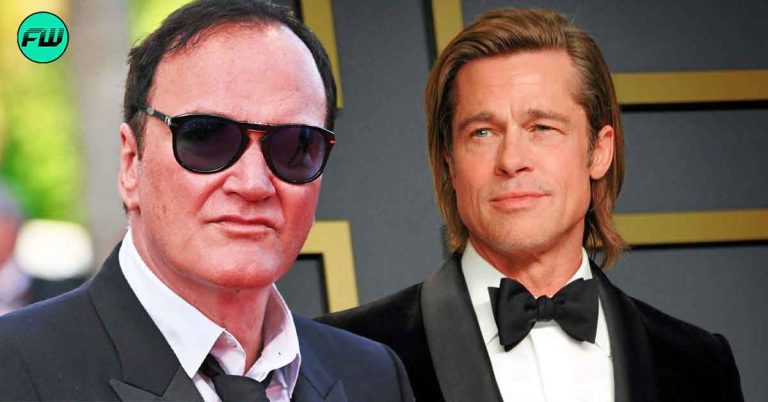Yorgos Lanthimos won me over in 2015 with The Lobster, and from then on, any year with a new release from the Greek filmmaker became instantly more interesting. His unique storytelling style makes him stand out as one of the most fascinating directors of the last decade, so Poor Things is expectedly one of the most anticipated films of the year. Emma Stone reteams with Lanthimos after The Favourite, as do Tony McNamara (writer), Robbie Ryan (DP), and his longtime editor, Yorgos Mavropsaridis.
Contrary to the filmmaker’s complex narratives, I’ll go straight to the point: yes, Poor Things is one of the best movies of the year, and personally, there’s no better one so far. It’s 141 minutes of pure technical perfection that accompany protagonist Bella Baxter’s (Stone) self-discovery journey through a surrealist environment with an exquisite balance between extremely effective comedy and thought-provoking social commentary. It’s genuinely difficult to choose where to start, so why not at the beginning?
Poor Things Plot
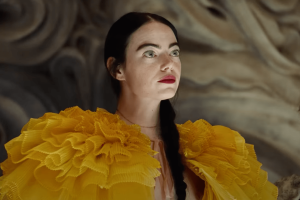
Also Read: Ferrari Venice Film Festival Review
Bella, resurrected by Godwin Baxter (Willem Dafoe) through unconventional methods, begins the film as a childish, naïve woman, with clear issues comprehending and performing the most basic human behaviors, as well as memorizing the general “rules” set by society. As she evolves at a surprising pace, the protagonist becomes curious about what’s beyond the several house walls that have become the prison of her freedom, deciding to explore the rest of Europe with an adventurous womanizer, Duncan Wedderburn (Mark Ruffalo), while learning several lessons in life and character along the way, exponentially transforming herself into a woman in full control of her present and future.
The Critique
Poor Things has numerous narrative layers, each worthy of an in-depth analysis piece. Personally, I must highlight the sharp, brilliant writing and execution of the analytical, empirical perspective with which Bella deals with all obstacles, dilemmas, and human actions normalized by civilization. The protagonist reacts, in hilariously serious and dubious manners, to everything that lacks truly logical sense: etiquette guidelines, codes of conduct, dress codes, how to talk to certain people, different attitudes and conclusions for identical situations due to the gender and race of those involved or existing family ties.
It doesn’t matter if Lanthimos takes a well-known prejudice or stereotype – a man who laid with many women is reason to feel proud and bold, while the opposite is the target of mockery and offense – or something ridiculously simple in everyday life that we’ve never once pondered – if the food we eat tastes terribly, why do we swallow it? – the filmmaker manages to come up with allegories, analogies, and all kinds of thematic development to convey fascinating messages about the world we live in, as well as its varied ideologies.
Some injustices and inequalities in our world are impossible to battle individually, and Poor Things, once again, achieves a remarkable balance between global problems that affect all of us and obstacles that we ourselves formed to hinder our enjoyment of life. The movie is divided into several sections that can be outlined not only by the locations chosen for each plot point, but also by Bella’s evolution as a woman and a human being, demonstrated without any restrictions or a softer take on more sensitive subjects.
From Bella’s “childhood” to her emancipation and consequent independence and freedom, as well as her sexual awakening that gradually becomes an essential narrative component for the main story arc, Poor Things doesn’t try to be pretentious or too intelligent, quite the contrary, its messages are clear, direct, and visible to the naked eye. McNamara’s intricate screenplay is undoubtedly a thematic mountain worthy of exploring in multiple viewings, but the dialogue is as provocative as it is comedic.
Don’t let the previous paragraphs mislead you: Poor Things is one of the few films in recent years that left me crying from so much laughter. The material is wonderful, but the performances of the entire cast are truly divine. Dafoe (Asteroid City) – with a superb makeup job transforming his face into a kind of Dr. Frankenstein – is simply Dafoe, an actor who cannot deliver a single line of dialogue without some sort of big impact on the viewers, whether to leave us in shock with its impressive ability to deliver extremely complex long lines effortlessly or an utterly sweeping one-liner. Godwin – or God, as Bella calls him – traverses a more formulaic arc about a man guided by science who gradually realizes that human feelings are inevitable, but he’s still a crucial character for the unfolding of the flick.
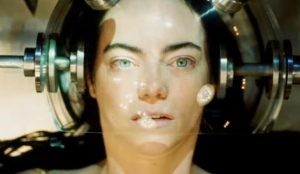
Ruffalo (Avengers: Endgame) seems to be having as much fun as ever with his highly uninhibited, reactive, and even contradictory role. Duncan is initially depicted as a man of respect, an irresistible conqueror, and a master of his destiny, only to then show his vulnerability and fragility, breaking into smaller and smaller pieces as his identity is put to the test. His interactions with Stone are memorable for a thousand different reasons that are certain to please all types of moviegoers. Ramy Youssef (Don’t Worry, He Won’t Get Far on Foot) also deserves praise as Max McCandles, a fan of Godwin’s methods and something of a Duncan opposite.
Nevertheless, there’s no way around the undisputable truth: Emma Stone has everything in her favor to collect nominations and awards in pretty much all of the upcoming ceremonies. It’s impossible to find an area in Poor Things that the actress didn’t explore to the smallest detail. With total dedication and commitment, Stone again demonstrates her most prominent trait in sublime fashion: an unparalleled, spectacular expressiveness that’s able to elevate the intensity of a more dramatic scene, as well as become the comedic trigger or even punchline of dozens of genuinely hilarious bits.
Technically, Poor Things delivers precisely what was expected from such a talented crew. A masterclass across all filmmaking departments. Lanthimos’ movies belong to a special group in which even occasional theater visitors can recognize the evident impact of areas such as costume, set & production design, score (Jerskin Fendrix), cinematography, and editing. Honestly, any of these could be chosen as the technical standout, as all add an extra layer of interest, intrigue, and, ultimately, entertainment.
Personally, the blend of built sets with visual effects left me stunned, even more so when the capital of my home country receives an approximately half-hour sequence, where not even the stereotypes of Portuguese culture escape the fantastic treatment of Lanthimos and McNamara. From Lisbon’s tram to the famously delicious Pastel de Nata, not forgetting Carminho’s fado and even the amusing swear words we use as punctuation marks, Poor Things managed to make me laugh by myself in Venice’s Sala Grande in a couple of unique moments for a lucky Portuguese viewer.
I only have one minor issue with the film, concerning the character of Christopher Abbott (Sanctuary). Amid so many deep, detailed arcs, Abbott shows up with a basic, banal character in a predictable, somewhat underwhelming sequence, having in mind its placement in the movie. Poor Things is a long flick that does justify its length, but this particular storyline weirdly feels like an afterthought, even though it’s actually an answer to a mandatory question posed by the film’s very premise.
In Conclusion
Not only is Poor Things the best movie of the festival, but it’s also the best of the year so far, as well as a new personal favorite of Yorgos Lanthimos’ career. A brilliantly thought-provoking, insanely hilarious story packed with substance, focused on a fascinating self-discovery journey filled with thematically rich layers. Astonishing performances from the entire cast, but Emma Stone is truly impressive as an exceptionally expressive force who should win many awards. A technical masterclass across all filmmaking areas simply puts the icing on top of a near-perfect cake.
9/10
Follow us for more entertainment coverage on Facebook, Twitter, Instagram, and YouTube.

